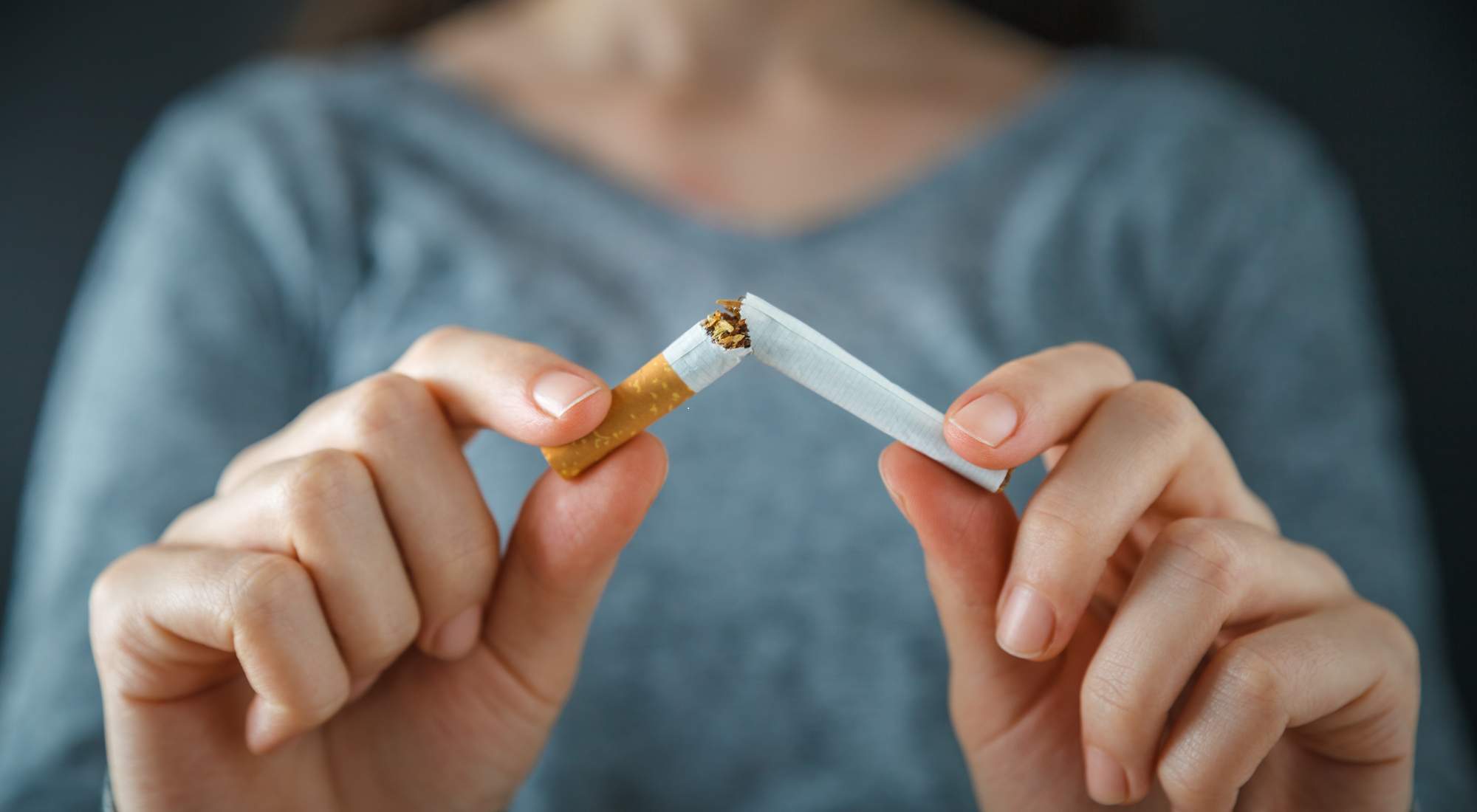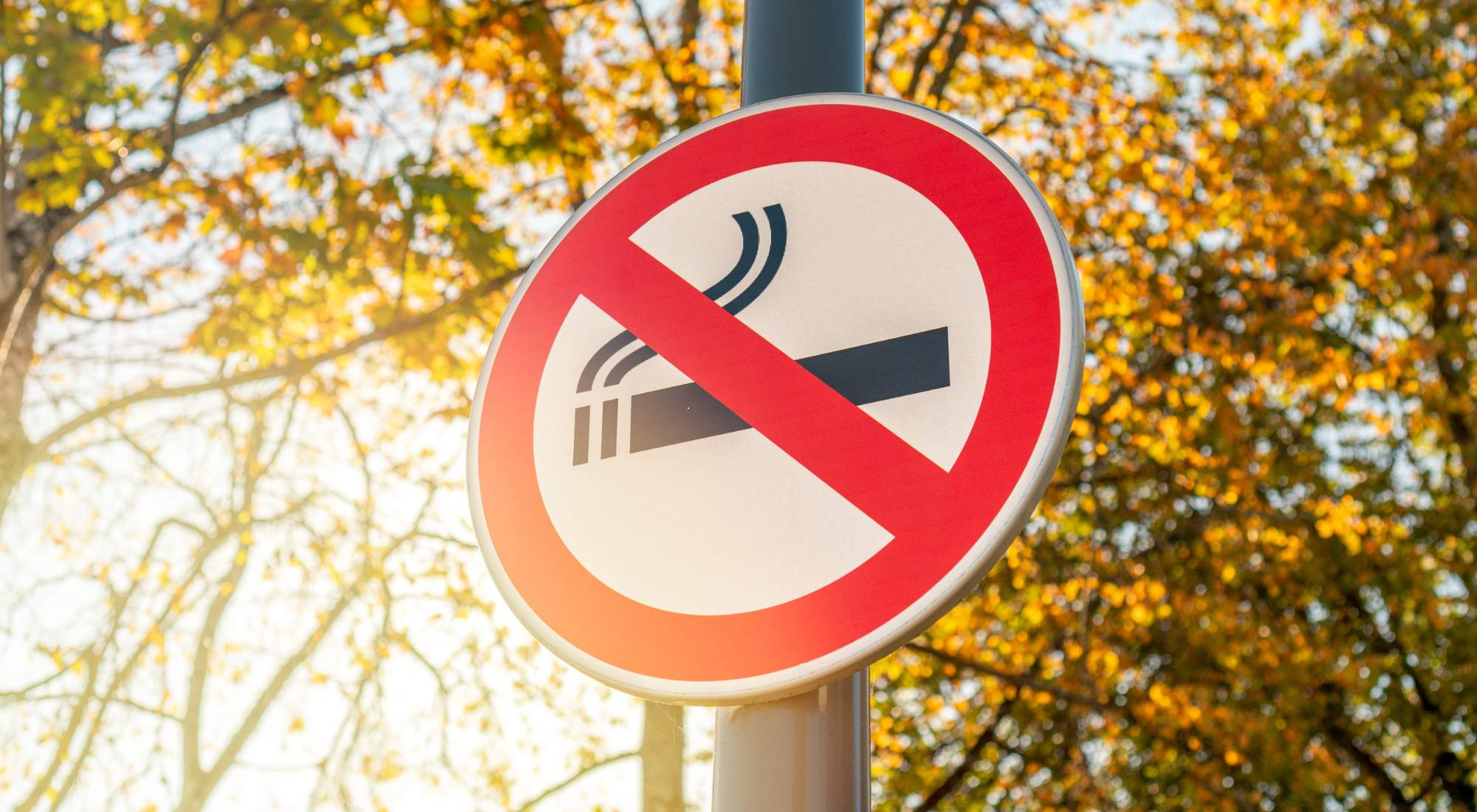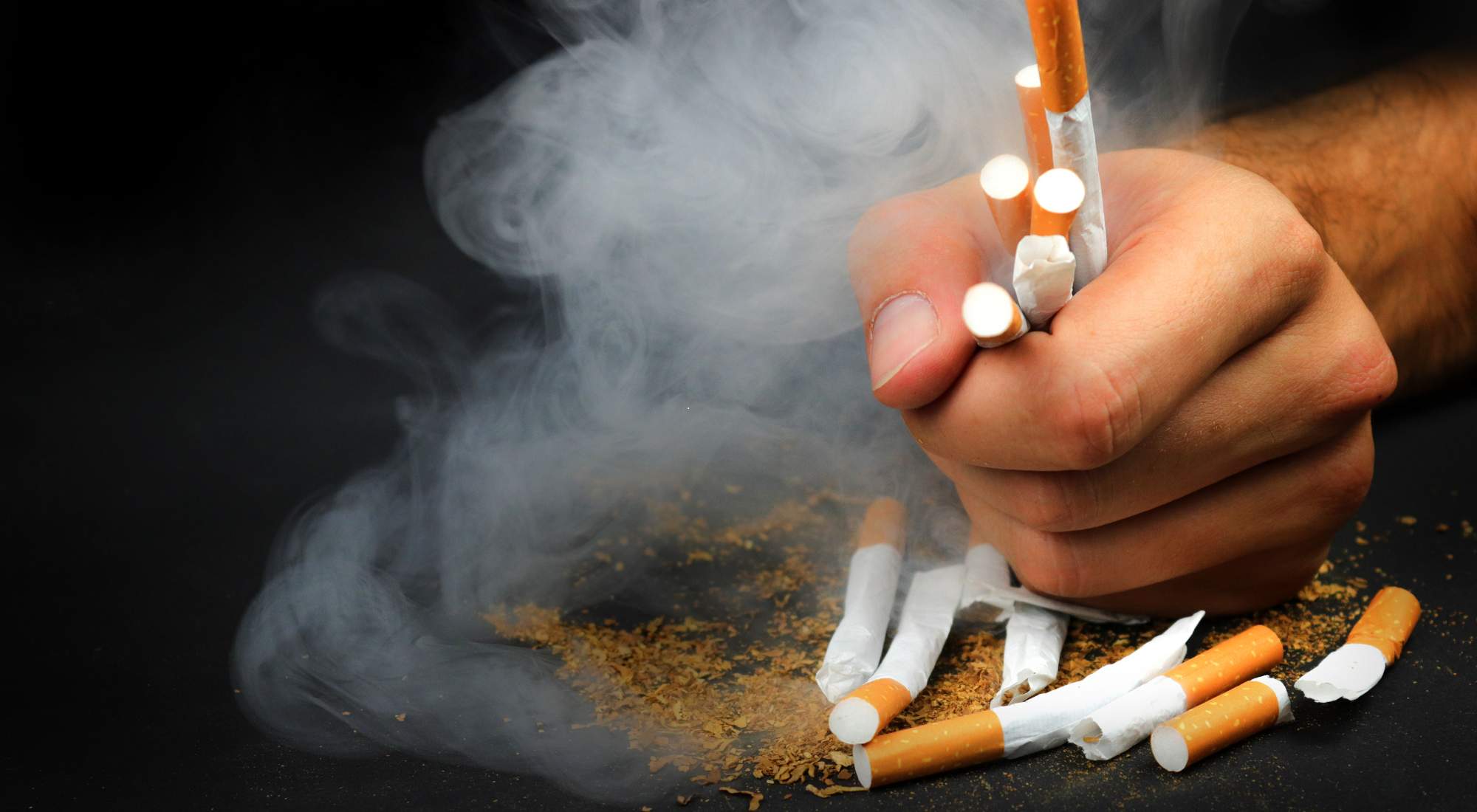No Butts About It: How Smoking Can Derail Your Detox

You might be ready to start a healthier, cleaner life. Committing to sobriety is a daunting challenge, and having smoking as a fallback may feel comforting. Still, you want to completely dedicate yourself to starting over, so you may ask, “Can you smoke cigarettes while detoxing? Will smoking make it harder to become sober?”
Many people beginning their sobriety want to keep smoking nicotine. The effects of a cigarette may seem helpful on your sobriety journey—but are they, really?
In this article, we’ll uncover the reasons why smoking during detox is ill-advised. We’ll help you understand how smoking affects your body and how it can make your detox journey harder. We will also provide a few alternatives for you to learn how to avoid smoking while you are detoxing.
Table of Contents
- Understanding Detox and What It Does for Your Body
- Can You Smoke While Detoxing?
- 6 Reasons Not To Smoke While Detoxing
- What Can You Not Do While Detoxing?
- Get Expert Support for Detoxing at Dove Recovery
Becoming sober begins with detoxing your body from the substances it has grown dependent on. As you reduce or stop giving your body the toxins it has become accustomed to, your brain will need to adjust and rebalance from the sudden lack of the substance.
Since detoxification is the process of removing toxins from the body, continuing to smoke can introduce harmful substances, making it harder for the body to fully cleanse itself.
Toxins your body absorbs from smoking tobacco include:
- Nicotine
- Tar
- Carbon monoxide
- Formaldehyde
- Benzene
- Arsenic
As your body works to cleanse itself of toxins, you may notice certain detox symptoms while your brain adjusts to life without the substance. The harmful substances absorbed by the body while smoking may exacerbate these symptoms.
Withdrawal symptoms you may experience include:
- Trembling and tremors
- Muscle pain or aches
- Hunger or loss of appetite
- Fatigue
- Sweating
- Irritability and agitation
- Depression
- Anxiety
- Nausea
- Vomiting
- Confusion
- Insomnia
- Paranoia
- Seizures
It’s important to undergo detox in a medical and professional setting, as withdrawal symptoms can be challenging and create unforeseen complications. Dove Recovery creates custom detox treatment plans and therapies to help you achieve success and supply medical support where necessary.

It’s highly advised not to smoke during detox, as it can make an already challenging process even harder on your body.
Dove Recovery’s goal is to support whole body healing, not just from specific substances the patient is in rehab for. Building healthier habits and making positive lifestyle changes can transform you from simply existing to truly living a fulfilling, sober life.
Does Smoking Stop the Healing Process?
If you regularly smoke cigarettes, you may be wondering, “Can you smoke while detoxing your body?” While smoking does not stop your body from detoxing from other substances, it can slow your progress by affecting your body’s physical and mental health.

#1: Weakens Your Body’s Organ Systems
Smoking negatively affects various vital functions in your body, resulting in a harder detox and recovery journey. The restriction of blood vessels caused by smoking can reduce the delivery of oxygen and nutrients to the organs that are responsible for detoxification. Extra pressure on the lungs through inflammation and damage from smoke can make it harder for them to help with the natural detoxification process.
Smoking increases the production of liver enzymes and the process of breaking down toxins, which will negatively impact the effectiveness of the liver's detoxification. The toxins present in your body from smoking can hinder and prolong the body’s ability to detox from other substances.
#2: Keeps Addictive Patterns Alive
Regularly smoking is another form of addiction, as nicotine is addictive. Continuing the use of nicotine reinforces addictive behaviors and makes it harder to fully break free from substance dependence. An analysis found that individuals who quit smoking had a 42% higher likelihood of successfully recovering from non-tobacco substance use disorders.
#3: Intensifies Withdrawal Symptoms
Smoking while detoxing from opioids and other substances can increase withdrawal discomfort. Allowing your body to continuously absorb the toxins from cigarettes can lead to stronger cravings, irritability, and physical distress, making your detox journey more challenging.
#4: Interferes With Detox Medications
Using buprenorphine containing detox medication has been shown to increase the amount of smoking during detox for opioid users. Smoking cigarettes can interact with certain medications, as it can increase the activity of the enzymes CYP1A2 and CYP2B6. These enzymes can increase the metabolism of medical drugs and reduce their effectiveness.
#5: Triggers Other Cravings
Nicotine triggers your body’s reward system, which activates the mesolimbic dopamine pathway — the same system activated by other addictive drugs and alcohol. Your brain's response to nicotine can potentially increase cravings for other substances, possibly increasing the risk of relapse during detox.
#6: Delays Emotional Healing
Detoxing is not only a physical reset, but also an emotional one. Smoking is an unhealthy coping mechanism that should be avoided during this time, as it can hold you back from developing and relying on better ways to heal and manage stress.
Therapy and counseling are valuable resources for learning tools to cope. Rather than relying on cigarettes, you will gain insight into behaviors and techniques to keep moving forward.

Understanding habits that can hinder your detox and recovery is important to your success. Avoiding certain habits as well as substances that may interfere with the detox process can help make your detox journey smoother and more effective.
Habits to avoid while detoxing include:
- Smoking
- Spending time with those who use substances or alcohol
- Eating unhealthy foods or skipping meals
- Avoiding social connections
- Getting poor sleep
- Ignoring mental health
Substances that may interfere with recovery are as follows:
- Nicotine
- Caffeine
- Highly processed foods
- Stimulants
- Over-the-counter medications without the guidance of a healthcare provider
- Other substances or alcohol
Receiving help and guidance from a professional rehab center, such as Dove Recovery, will give you the support you need while you experience detox symptoms. Our experienced staff specializes in creating personal treatment plans that will give you the tools to prevent future relapse.
Contact us today to learn more about our programs and how we can support you on your road to recovery.

How To Manage Cravings Without Smoking During Detox
Finding healthier alternatives to manage cravings will support your recovery process. Cravings can make it challenging to continue through detox and maintain long-term sobriety.
Healthier alternatives to smoking that support the detox process include:
- Plenty of hydration
- Eating a balanced diet
- Physical activity
- Deep breathing, meditation, and yoga
- Chewing on gum or healthy snacks to keep your mouth busy
Dove Recovery’s supportive and compassionate staff members believe in addressing the physical and emotional aspects of recovery. Our treatment plans support a complete and long-lasting recovery.
Dove Recovery’s program options that support whole healing from dependence to recovery include:
- Intensive Outpatient Program (IOP)
- Outpatient program
- Partial Hospitalization Program (PHP)
- Counseling and therapy
- Detox
Contact us today if you or a loved one is struggling with addiction, and we’ll help you through the next steps to recovery.

